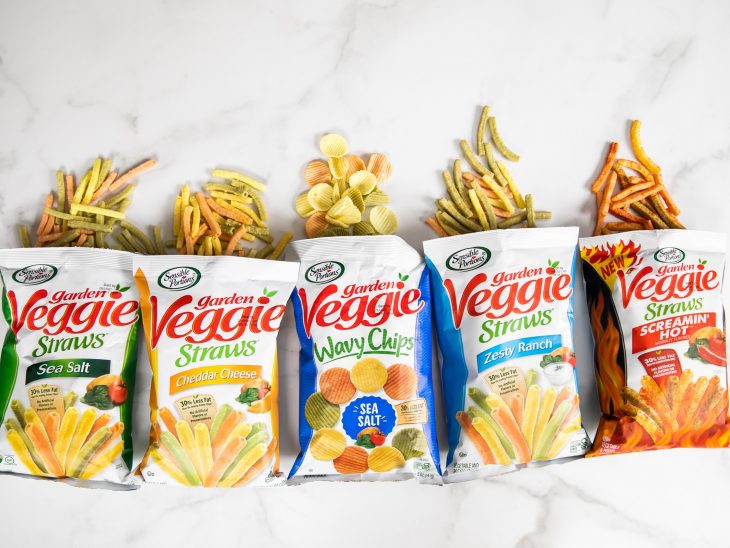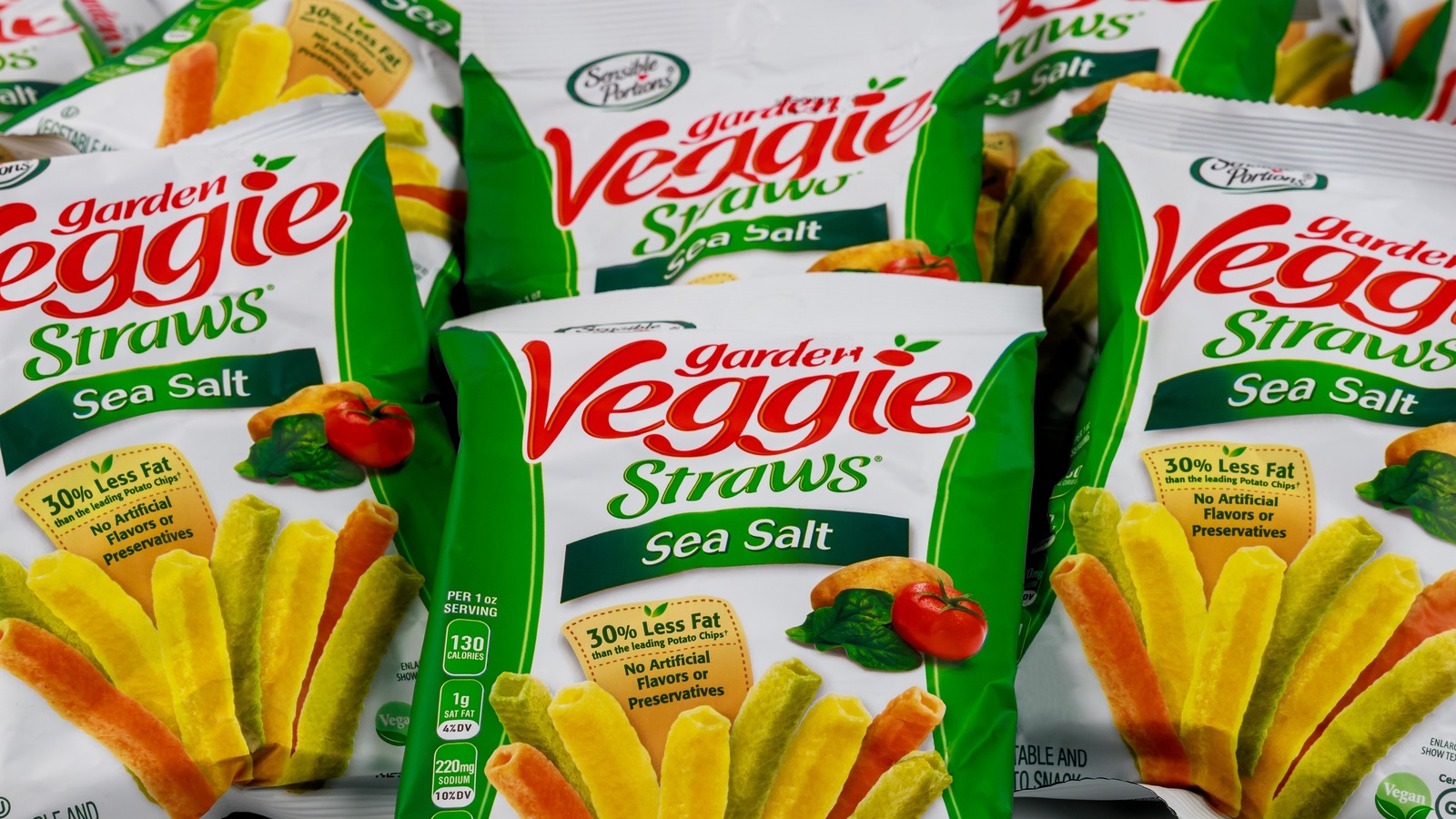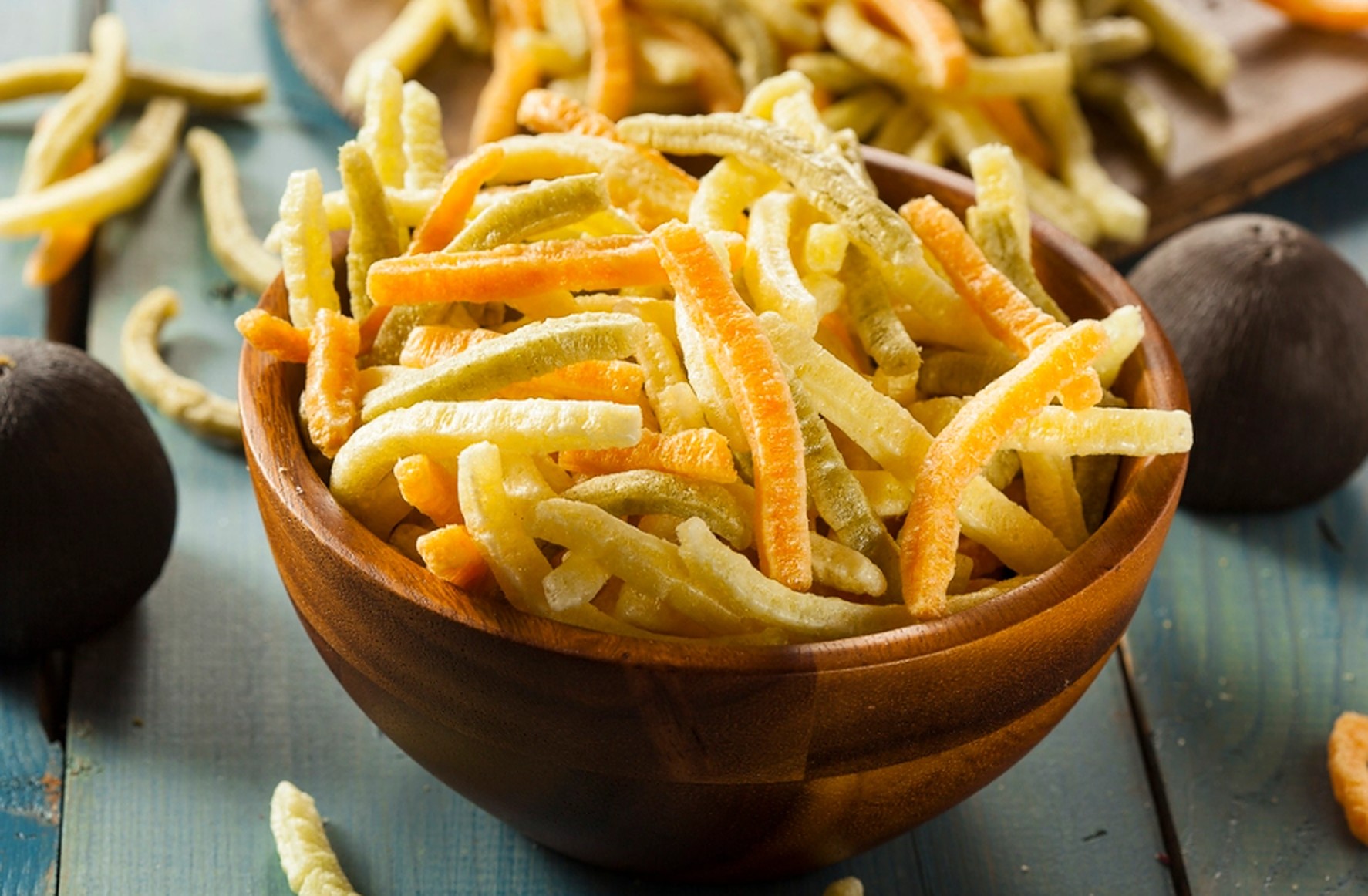
When it comes to snacking, finding a balance between taste and nutrition is key. Veggie straws have gained popularity as a healthier alternative to traditional potato chips, offering a crispy and flavorful snack option. Made from a combination of real vegetables and other natural ingredients, veggie straws are not only delicious but also provide several nutritional benefits. In this article, we will explore 11 key nutrition facts about veggie straws to help you make informed choices about your snacking habits.
Low in Calories
Veggie straws are a great snack option for those who are conscious of their calorie intake. These crunchy delights are generally low in calories, making them a suitable choice for individuals who are looking to manage their weight or follow a calorie-controlled diet. A serving of veggie straws typically contains around 140 calories, providing a satisfying snack without excessive calorie consumption.
Rich in Fiber
One of the standout nutritional benefits of veggie straws is their fiber content. Fiber is an essential component of a healthy diet, contributing to digestive health and promoting feelings of fullness. Veggie straws are often made with whole grain ingredients and real vegetables, which naturally contain fiber. A single serving of veggie straws can offer approximately 3 grams of dietary fiber, supporting a healthy digestive system.
Packed with Vitamins and Minerals
Veggie straws are not only tasty but also a good source of essential vitamins and minerals. The exact nutrient profile may vary depending on the brand and specific ingredients used, but veggie straws often contain a blend of vitamins such as vitamin A, vitamin C, and vitamin K. These vitamins play important roles in supporting immune function, promoting healthy skin, and assisting with blood clotting.
Lower in Fat Than Traditional Chips
For individuals watching their fat intake, veggie straws provide a favorable alternative to traditional potato chips. Veggie straws are typically lower in fat compared to their potato-based counterparts, making them a healthier snacking option. The reduced fat content can help individuals maintain a balanced diet and reduce the risk of health issues associated with excessive fat consumption.
Suitable for Vegetarians and Vegans
If you follow a vegetarian or vegan lifestyle, you’ll be glad to know that veggie straws are plant-based and free from animal-derived ingredients. They are often made from a combination of real vegetables, grains, and seasonings, ensuring that they meet the dietary preferences of vegetarians and vegans. Veggie straws offer a delicious and guilt-free snack option for those who avoid animal products.

Low in Sodium
Excessive sodium intake is a concern for many people, as it can contribute to high blood pressure and other health problems. Veggie straws generally have a lower sodium content compared to traditional chips, making them a more heart-healthy choice. However, it’s still important to be mindful of overall sodium intake and enjoy veggie straws in moderation as part of a balanced diet.
No Artificial Flavors or Colors
When enjoying a snack, it’s reassuring to know that the ingredients are natural and free from artificial additives. Veggie straws are often made without artificial flavors or colors, offering a more wholesome and authentic snacking experience. The vibrant colors found in veggie straws are typically derived from the vegetables themselves, providing a visually appealing snack that’s as good as it looks.
Gluten-Free Option
For individuals with gluten sensitivities or those following a gluten-free diet, veggie straws can be a suitable choice. Many brands offer gluten-free versions of these delicious snacks, ensuring that they can be enjoyed by a wider range of people. Always check the packaging to confirm the gluten-free status, as ingredients and manufacturing processes may vary between brands.
Versatile Snack
Veggie straws aren’t just for munching straight out of the bag. These crunchy treats can also be incorporated into various recipes to add texture and flavor. Crushed veggie straws can be used as a coating for chicken or fish, providing a healthier alternative to breadcrumbs. They can also be added to salads, soups, or wraps for an extra crunch. Get creative and explore different ways to incorporate veggie straws into your favorite dishes.
Portion Control
Snacking can sometimes lead to mindless eating and excessive calorie consumption. However, veggie straws come in pre-portioned packages, making it easier to control your snack intake. These individual servings ensure that you can enjoy the crunch and flavor of veggie straws without worrying about overindulging. Portion control is an important aspect of maintaining a balanced diet and managing your overall calorie intake.

Kid-Friendly Option
Snacks that are both tasty and nutritious can be a parent’s dream come true. Veggie straws are often well-received by children due to their appealing colors and crunchy texture. By offering veggie straws as a snack option, parents can provide their kids with a healthier alternative to traditional chips while still satisfying their cravings for a fun and delicious snack.
Conclusion
Veggie straws are a flavorful and nutritious snack option that offers several benefits. From being low in calories and high in fiber to providing essential vitamins and minerals, these crunchy delights are a great addition to a balanced diet. With their lower fat content and gluten-free options, veggie straws cater to a wide range of dietary preferences and restrictions. Remember to enjoy them in moderation as part of an overall healthy lifestyle.
Frequently Asked Questions (FAQs)
Are veggie straws suitable for people with gluten sensitivities?
Yes, many brands offer gluten-free veggie straws, making them a suitable option for individuals with gluten sensitivities or those following a gluten-free diet. Always check the packaging to ensure they are certified gluten-free.
Do veggie straws contain artificial flavors or colors?
Most veggie straws are made without artificial flavors or colors. The vibrant colors of veggie straws usually come from the natural colors of the vegetables used in their production.
Can veggie straws be incorporated into recipes?
Absolutely! Crushed veggie straws can be used as a coating for chicken or fish, providing a healthier alternative to breadcrumbs. They can also be added to salads, soups, or wraps for an extra crunch and flavor.
Do veggie straws have a high sodium content?
Veggie straws generally have a lower sodium content compared to traditional chips. However, it’s still important to consume them in moderation and be mindful of overall sodium intake.
Are veggie straws suitable for vegetarians and vegans?
Yes, veggie straws are plant-based and free from animal-derived ingredients, making them suitable for vegetarians and vegans. Always check the packaging to confirm the specific brand’s ingredients.
Was this page helpful?
Our commitment to delivering trustworthy and engaging content is at the heart of what we do. Each fact on our site is contributed by real users like you, bringing a wealth of diverse insights and information. To ensure the highest standards of accuracy and reliability, our dedicated editors meticulously review each submission. This process guarantees that the facts we share are not only fascinating but also credible. Trust in our commitment to quality and authenticity as you explore and learn with us.
